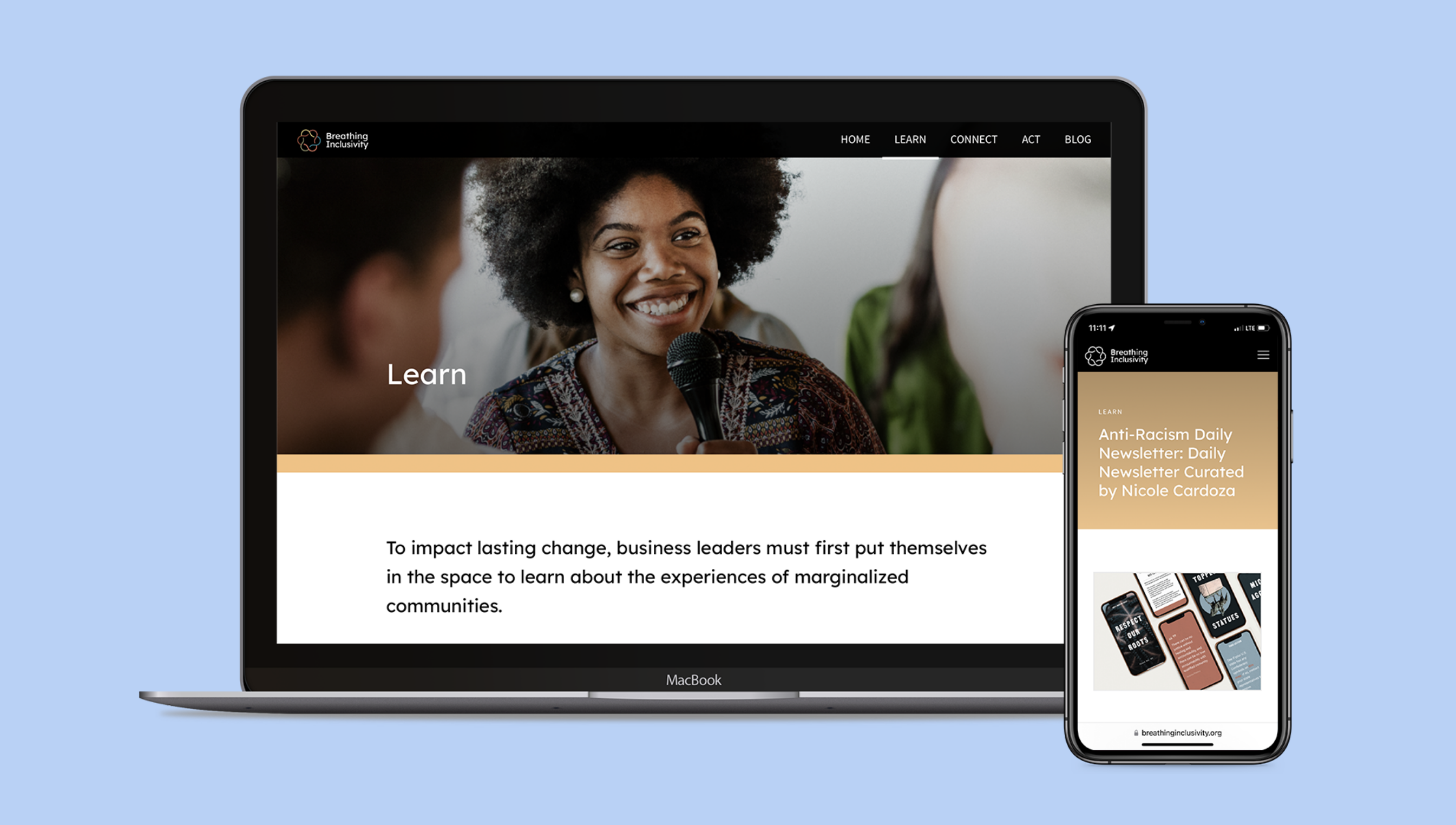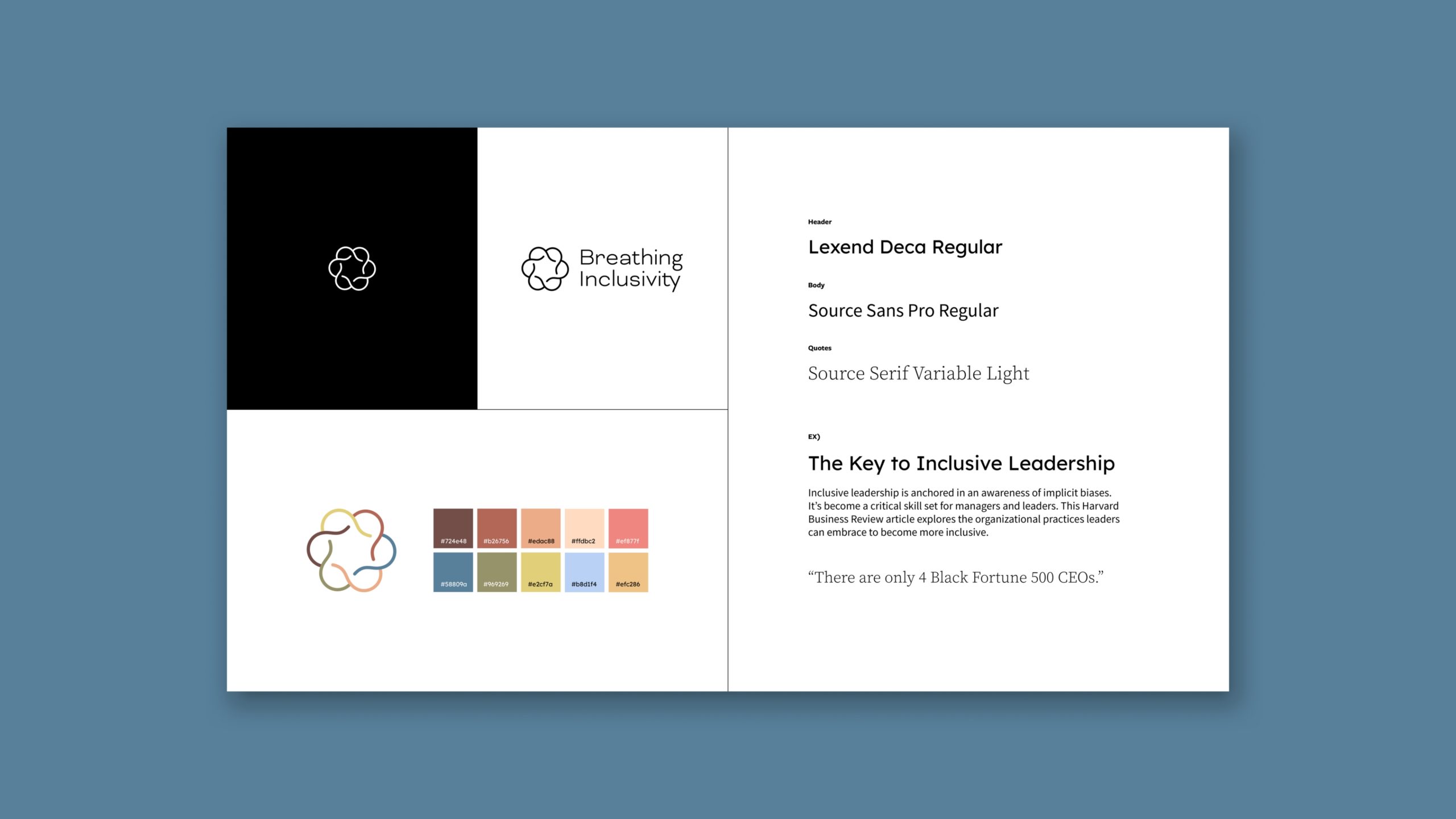Breathing Inclusivity: Sparking Curiosity, Conversation, and Change
Project Type
Client
Year
Challenge
It was 2020 and tensions were high. As we headed into a contentious election season, the COVID-19 pandemic hit, forcing worldwide lockdowns and massive economic declines. And amid all this, the Black Lives Matter movement reignited in the wake of George Floyd’s murder, sparking protests and civil unrest from coast to coast.
Stoke wanted to do something meaningful to inform, educate, and contribute to much-needed healing — as did long-time Stoke partner Ronell Hugh. Throughout his career, Ronell had been active in diversity, equity, and inclusion (DEI) initiatives, leading the Utah chapter of Adobe’s Black Employee Network and founding BlackLight, Microsoft’s grassroots community for Black marketers.
Strategy
After sitting down with Ronell, the Stoke team developed a strategy for a pro bono campaign called “Breathing Inclusivity.”
“Building more inclusive workplaces and communities starts with curiosity and empathy — looking beyond labels and categories and trying to understand people as human beings.”
— Ronell Hugh, founder, Breathing Inclusivity
With an eye on three key pillars — Learn, Connect, and Act — the goal of Breathing Inclusivity was to help allies lead with curiosity, follow their feelings, understand systemic racism, and take steps to create a culture of inclusion. Through conversation starters, knowledge builders, historical insights, and other curated content, Breathing Inclusivity would be an immersive destination, designed to spark learning, understanding, and change.
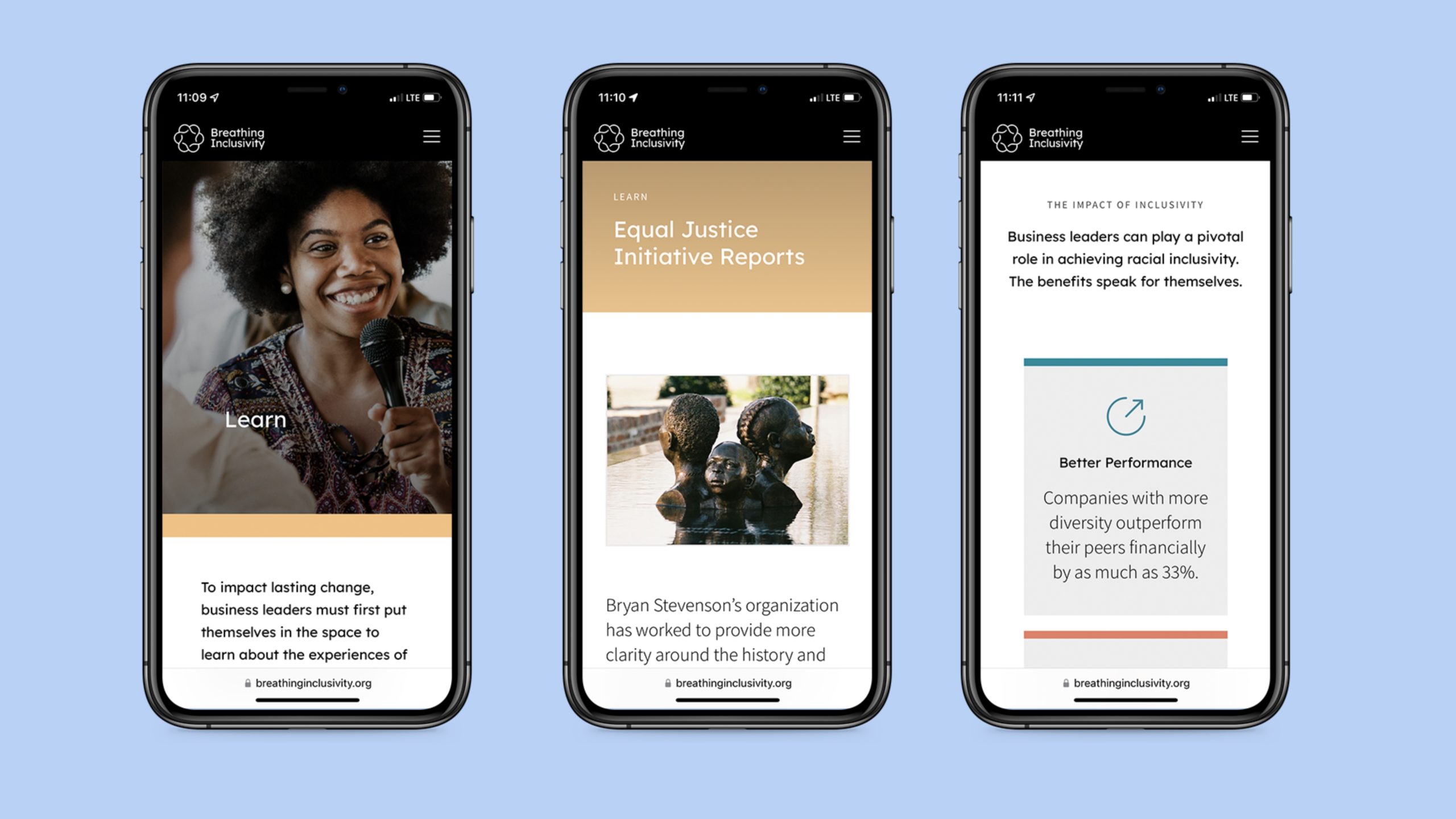
Impact
Launched in early 2021— with Ronell as its founder — Breathing Inclusivity is a digital resource for individuals and groups ready to begin or continue their own inclusion journey. The site was honored with a 2021 Gold Hermes Creative Award for its dynamic content and creativity.
The Numbers
By last count, African-Americans
make up only 2.9% of American
tech companies.
There are currently only 4
African-American Fortune
500 CEOs.
Black unemployment is nearly
double the rate than for that
of white Americans.
The net worth of the average white
family is nearly 10x more than that
of the average black family.
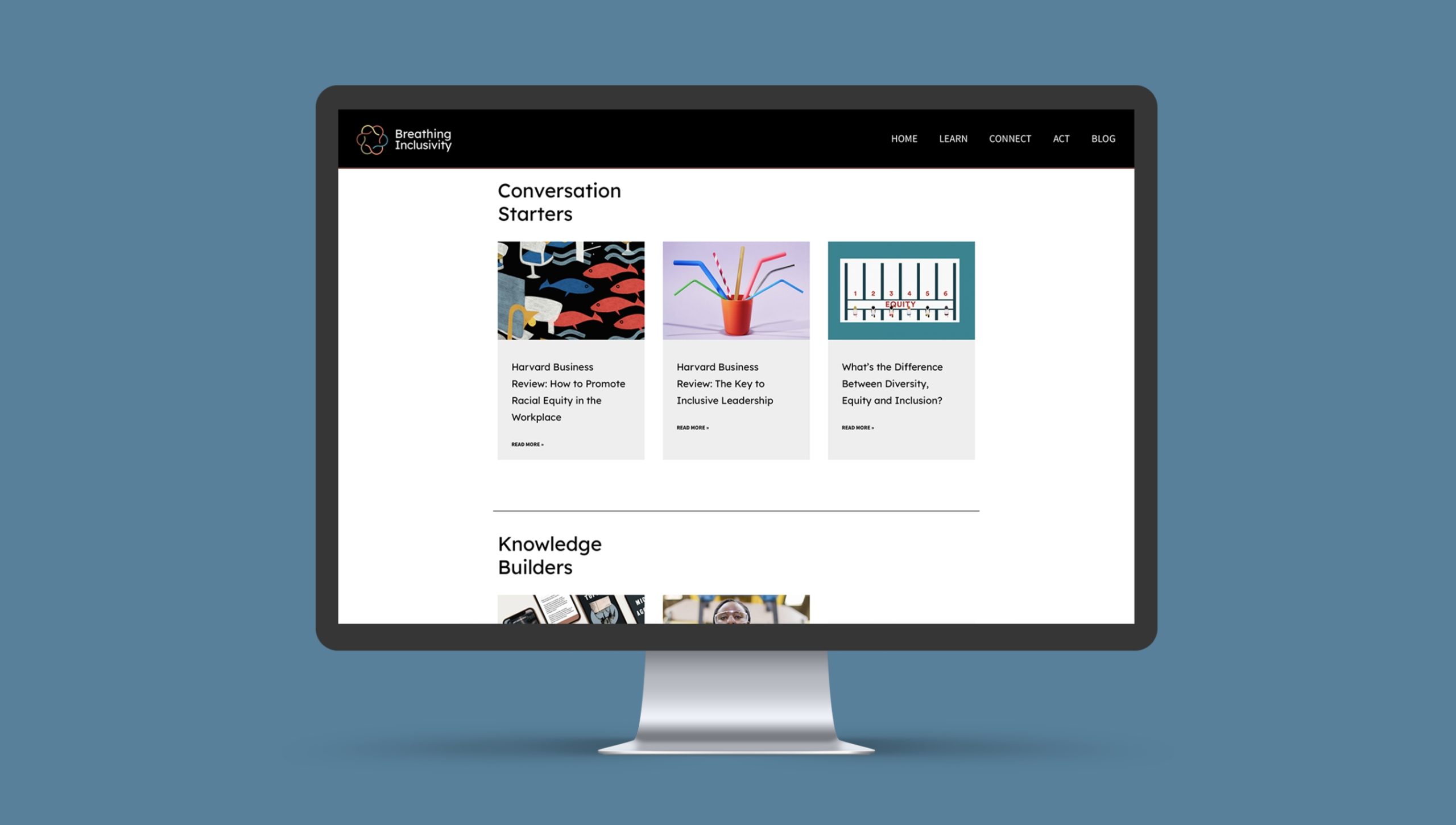
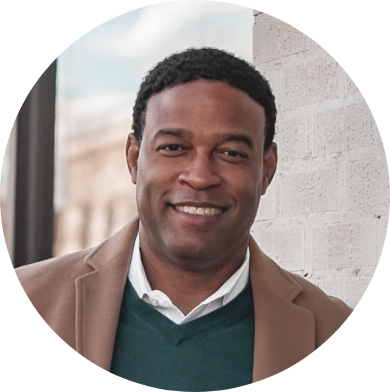
— Ronell
